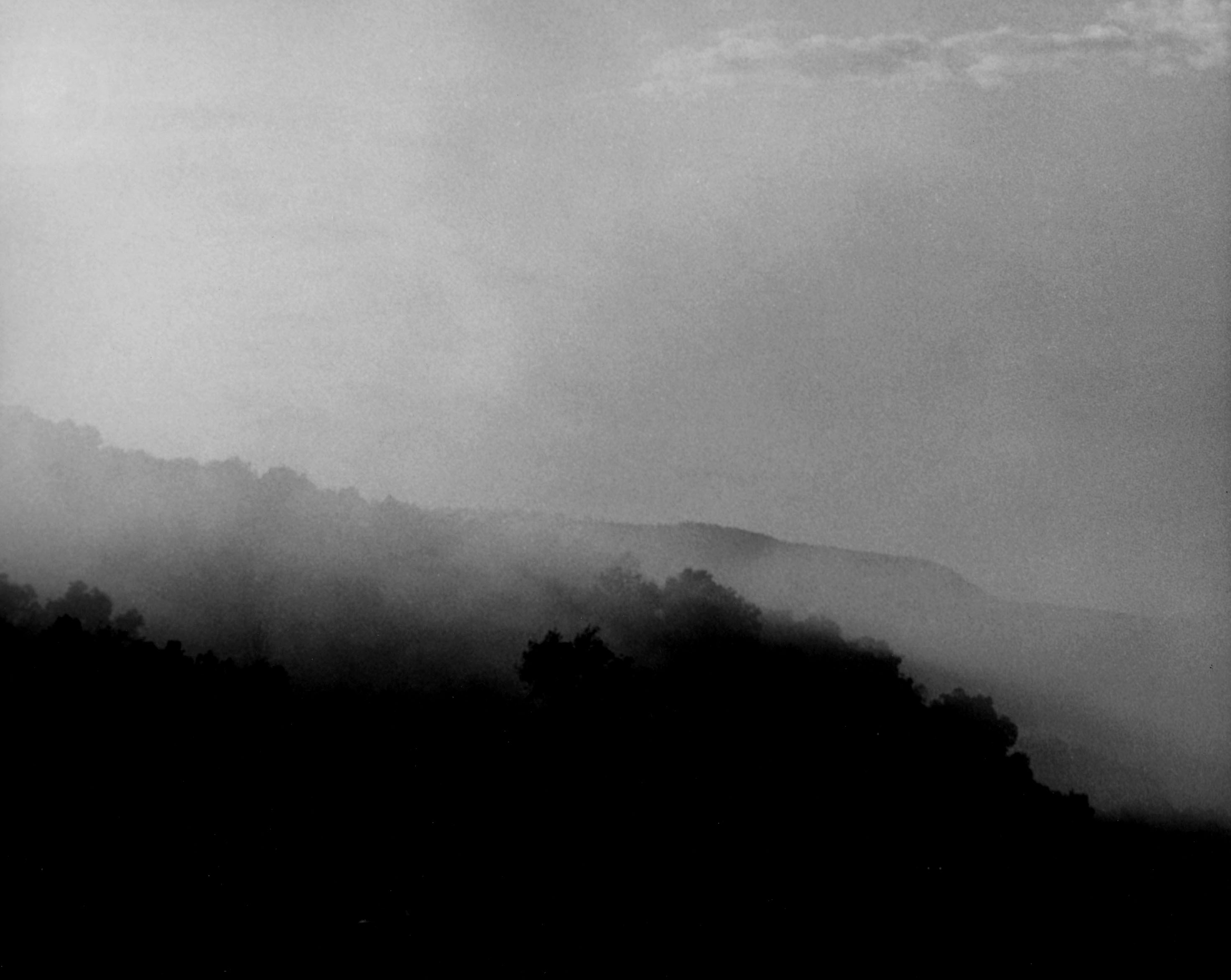I have to write a new bio. I’ve been needing to do this for some time. I had a few prepared bios for conventions and such, tailored depending on who I sent them to. Magazine bios, con bios, conference bios…they all required a bit of tweaking. But they’re all pretty much out of date.
I’m going to do this during the coming week. Cull through all the details that would seem to make me an important person, someone people might wish to come listen to or see. I have a difficult time with these, which is why I write most all of them in third person. I have to put myself in a frame of mind that I’m writing about Someone Else.
Apropos to that, this past weekend I received my copy of the new documentary The Polymath: or the Life and Opinions of Samuel R. Delany. In the course of watching it Saturday and Sunday, we heard him say that he considers himself a rather uninteresting person. I found that resonant.
When I’m writing a new story, I tend to put myself in the character of the protagonist. I see myself as That Person. And almost always, when I start on the subsequent rewrites, one of the problems I have to fix is that the main characters of my stories are uniformly weak compared to the secondary characters. A couple of years ago I had a revelation about why that is. Mainly, because I don’t see myself as a particularly interesting person. So that translates into the protagonist, who is generally interested in the other characters, who then become relatively more imbued by interesting characteristics. I have to then go back and add in all the missing stuff the main character requires.
Which brings me to the writing of a personal bio.
What is it about me that is interesting to other people?
Now, I’d like to be interesting and sometimes I think I am. But in the course of the day, I don’t even think about myself much less what it is about me that makes me worth note. This is perfectly sane behavior, as far as I’m concerned. Who does go through the day cataloging their specialness besides narcissists, obsessives, terminally vain, or profoundly insecure people? I stipulate that I’m vain, but it limits itself to personal grooming, physical fitness, and an attempt at erudition, none of which controls my life, and all of which are practices I think more people should embrace if for no other reason than a sense of public politeness.
But I’m always a bit dismayed when people actually pay attention to me or think I have something worth saying. (I stress again, I want to be someone like that, I just don’t happen to “feel” it.)
So the personal bio usually becomes a list of things I’ve done. It seems a common way to deal with the self-conscious aspects of a productive life, to place your credentials, as it were, Over There In That Box. You can point to the file and say, well, if you want to know about me, look in there. And in that file you’ll find my publications, my award nominations, and the work I’ve done, etc etc., and, oh year, I live in St. Louis, I have a dog, I’m in love with Donna and so forth—which are still components, in a way, rather than actual revelations.
I don’t think there’s anything wrong with this approach and I certainly don’t think strangers have a right to expect more, but it’s not exactly a biography, is it? It’s more like a resume.
It doesn’t say anything about the fact that for me different music produces different kinds of writing, that if I’m trying to get inside the head of someone tormented I often listen to Ligeti and when I’m creating landscapes, I want Vangelis or Sibelius and when I need action, I find Last Fast or Joe Satriani or Bartok really helps. It doesn’t cover the fact that I use much of my music to unlock a feeling I can’t quite identify just for myself.
It doesn’t say anything about how much I like late evening sunlight shafting through miniblinds (or how the same effect, late at night, from streetlamps, really turns me on); or how the late afternoon sunlight across open fields in September strikes a kind of heroic melancholy in my mind, like the atmosphere of final days or impending loss or the denouement after a mighty adventure; or the fact that I’ve never read a book that has made me weep, but there are certain films that do it to me almost every time…
In other words, bios like this don’t say much about me.
But my stories do, if you remember that they are not and never have been biographical.
A paradox? Not really. You put what you feel into a story. How that feeling is evoked is unimportant as long as it’s true, and you don’t need personal revelation in terms of history to do it.  Everyone has these feelings, and they own them, and they were all evoked differently, so fiction that talks about the personal need not be about the author to work.
But you still ought to be able to say something in a bio about yourself that makes you at least seem interesting to total strangers.
I’m still working on all this.

